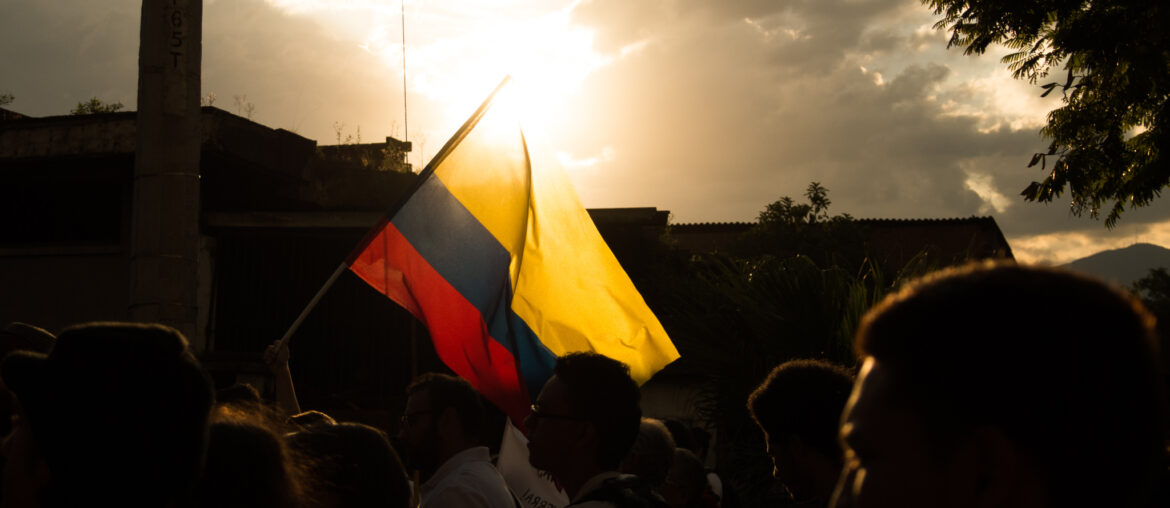Summary
The City of Johannesburg sought to evict men, women and children from two buildings in Berea, in the inner city. This was part of an overall clearance policy under the Johannesburg Inner City Regeneration Strategy, in which evictions have been carried out in the middle of the night and without notice, under Apartheid-era laws and regulations. The city alleged that the living conditions are unhygienic and constitute a fire hazard, but had refused to offer the occupiers alternative accommodation. Forced eviction would likely result in the residents becoming homeless or having to relocate to slum areas on the far periphery of the city, and thus cut off from livelihood opportunities in the city centre.
In March 2006, the High Court of South Africa, citing international human rights law, ordered the municipality not to evict. The city appealed this decision to the Supreme Court of Appeal (SCA) and the Centre for Applied Legal Studies (CALS) cross-appealed on behalf of the occupants asking for a stronger implementation mechanism under court supervision. The Centre on Housing Rights and Evictions (COHRE) submitted an amicus curiae brief in early 2007. In March 2007, the SCA upheld the High Court judgment and ordered the residents to vacate the buildings concerned. However, it also ordered the City of Johannesburg to provide those residents who needed it with alternative shelter “where they may live secure against eviction.” In this decision, the SCA held that the residents did not have a constitutional right to alternative housing in the inner city, but it also said that the economic circumstances of the occupants, discovered through consultation with them, must be considered. If the occupants seemed likely to be made homeless by relocation, these circumstances would have to be taken into account by the city. The case was eventually appealed to the Constitutional Court.
Before hearing the case, the Constitutional Court ordered the parties to engage in a meaningful dialogue to see if they could agree on a mutual solution. The parties reached an agreement that was endorsed by the Court in November 2007. The agreement provides for the occupiers of both properties to be provided with affordable, safe accommodation in the inner city of Johannesburg where they may live “secure against eviction”, which was one of the key requests of the applicants. While the agreement provided a victory for the residents of the two buildings, several policy issues were referred back to the Court for consideration and decisions in 2008. The Court ultimately issued a decision on those policy issues where it found that the city must engage meaningfully with occupants if an eviction is likely to result in homelessness; the Constitution requires that the city consider the potential of homelessness when it decides on an eviction; and that only after a court has ordered an eviction, can it be considered illegal for residents to remain. In light of this decision, where it is clear that the proposed clearance of an unsafe building would lead to homelessness, the State (or City) should, consult meaningfully with occupants to understand their economic situation and, within its available resources, provide adequate alternative housing in which occupants can live.
Keywords: Occupiers of 51 Olivia Road, Berea Township and 197 Main Street, Johannesburg v. City of Johannesburg and others, CCT 24/07, Justiciability, Enforcement, ESCR
